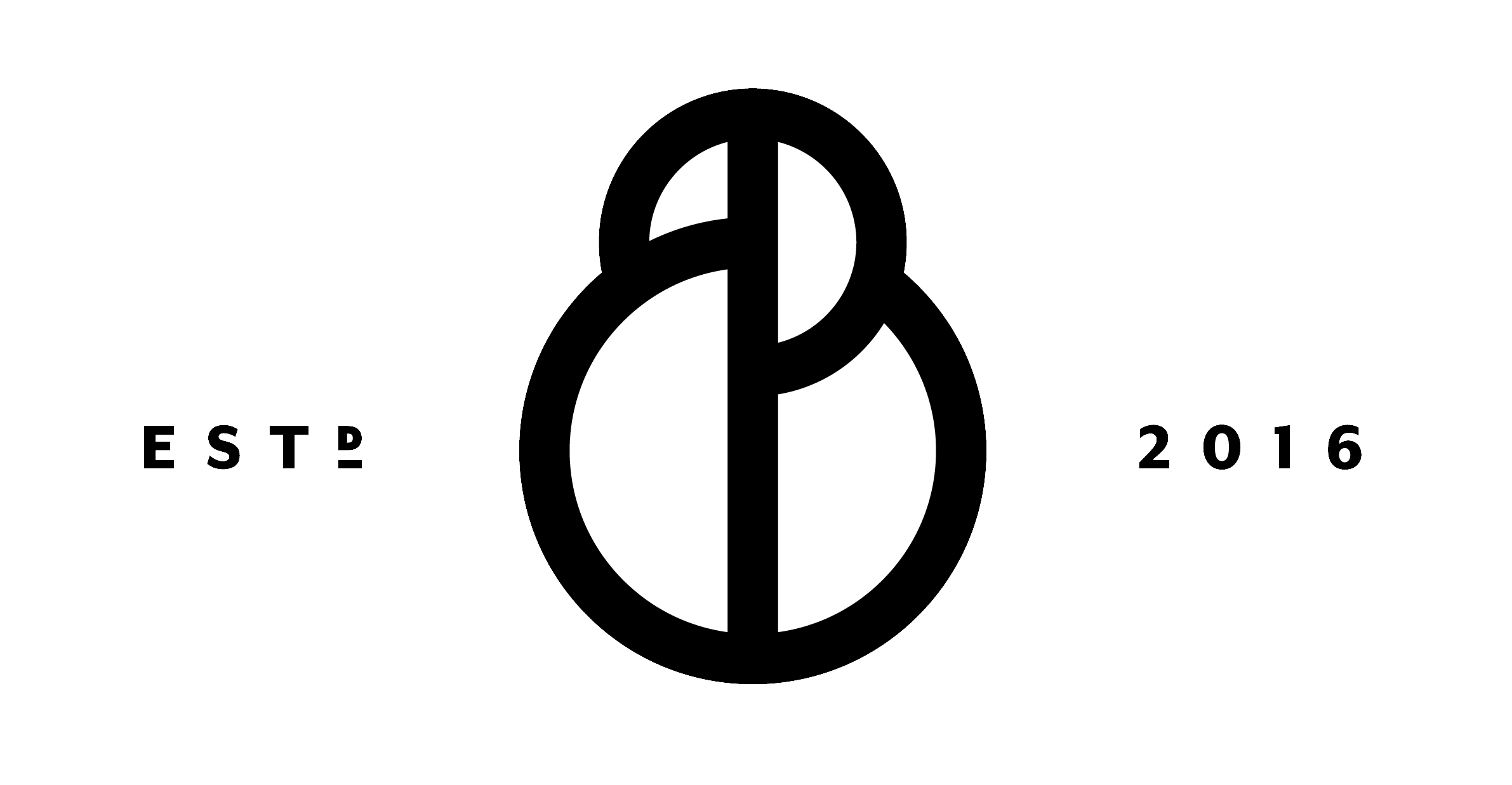Is coffee therapeutic?
There is an increasing number of studies looking at the health effects of coffee. Several studies have shown that coffee consumption can benefit people in regards to mental-stress induced blood pressure (Sudano et al., 2005), lower rates of Cardiovascular disease (Ruiz, 2016) and more recently in cancers (Loftfield and Friedman, 2020). Several years ago a huge study looking at coffee consumption in a study involving half a million people showed that habitual coffee consumption did not result in any psychological impairment compared to non-coffee drinkers (Zhou et al., 2018).
Unity and Coffee
Coffee in Ethiopia is a process. The foundation region of coffee, the birthplace, holds coffee in high regard. The nature of the Coffee Ceremony and the spiritual, ritualistic and revered process in producing coffee during the ceremonies is a testament to the love and respect Ethiopians and Eritreans have for coffee.
Attending a coffee ceremony is unifying, edifying and empowering. There is discussion and support from peers, elders in the community, it can be like an arm around your shoulder. It is an incredibly refreshing experience to attend the coffee ceremony and being invited to one in someone’s home is akin to being invited to a sit down dinner at someone’s home, it is a mark of respect.
Although the scientific evidence examining the health and therapeutic benefits of coffee has been listed above, the social aspect need not be neglected. Many East Africans, namely Ethiopians and Eritreans, have benefited greatly from attending daily coffee ceremonies as is the practice. The coffee ceremony can be a significant stress relief, and for many diaspora, who are separated from their families often for decades, attending a coffee ceremony can be a stark reminder of the experiences they had in their own home. There was a large sense of nostalgia to it. For any first time attendee - Western born persons often feel that same nostalgia despite it being their first time at the coffee ceremony.
The coffee ceremony can often be like getting a dose of the authentic culture behind coffee. Ethiopia, the birthplace of coffee, situated in East Africa by the red Sea, produces some of the finest coffee in the world. As an example, geisha coffee, he said to have originated from an original plant taken out of Ethiopia and taken to Panama. This plant eventually grew to become the Panama Geisha. A fine rare lot. It is factors such as this, along with the exotic climate of Ethiopia, the highlands that produce some of the finest runners in the world, Olympic champions, who themselves attend coffee ceremonies, that make the coffee process special. The therapeutic benefits you receive from the coffee process in authentic coffee culture, are priceless. Often psychologists start sessions by bring up a cup of tea or coffee with a client. The neighbour invite you in for a cup of coffee or tea likewise The therapeutic benefits you receive from the coffee process in authentic coffee culture, are priceless. Often psychologists start sessions by bring up a cup of tea or coffee with the client. The neighbour invite you in for a cup of coffee or tea likewise likewise. All things considered, I'm not on computer game he said to be had by coffee
So, despite the scientific presentation above about the academic investigations into the health benefits of coffee, a more real world pragmatic approach to looking at this would signify that coffee consumption and attending coffee related events is high therapeutic, for psychological well-being. A good reference for this is Palmer (2010)’s look into the coffee ceremony for migrant sin the U.K.
Below are a few images of what would be considered a typical coffee ceremony. The lady, and it is always a lady who performed the task, performance the meticulous task of selecting raw beans, roasting and grinding them by hand. This is not in a misogynistic way, rather that the task is so special that only women are capable of performing it - these are the cultural values, and norms held within that society. Please take note of the clothing worn, these are traditional Ethio-Eritrean garments, bringing out much beauty with the patterns and colours used. It is uncommon for a coffee ceremony to be for performed with clothing other than those in the picture. Attendees are free to dress however they prefer, however the person performing the coffee ceremony will always be dressed in traditional attire.
A coffee ceremony - note the attire and seating - attendees in background
Coffee poured at ceremony - credit: cuturallyours



